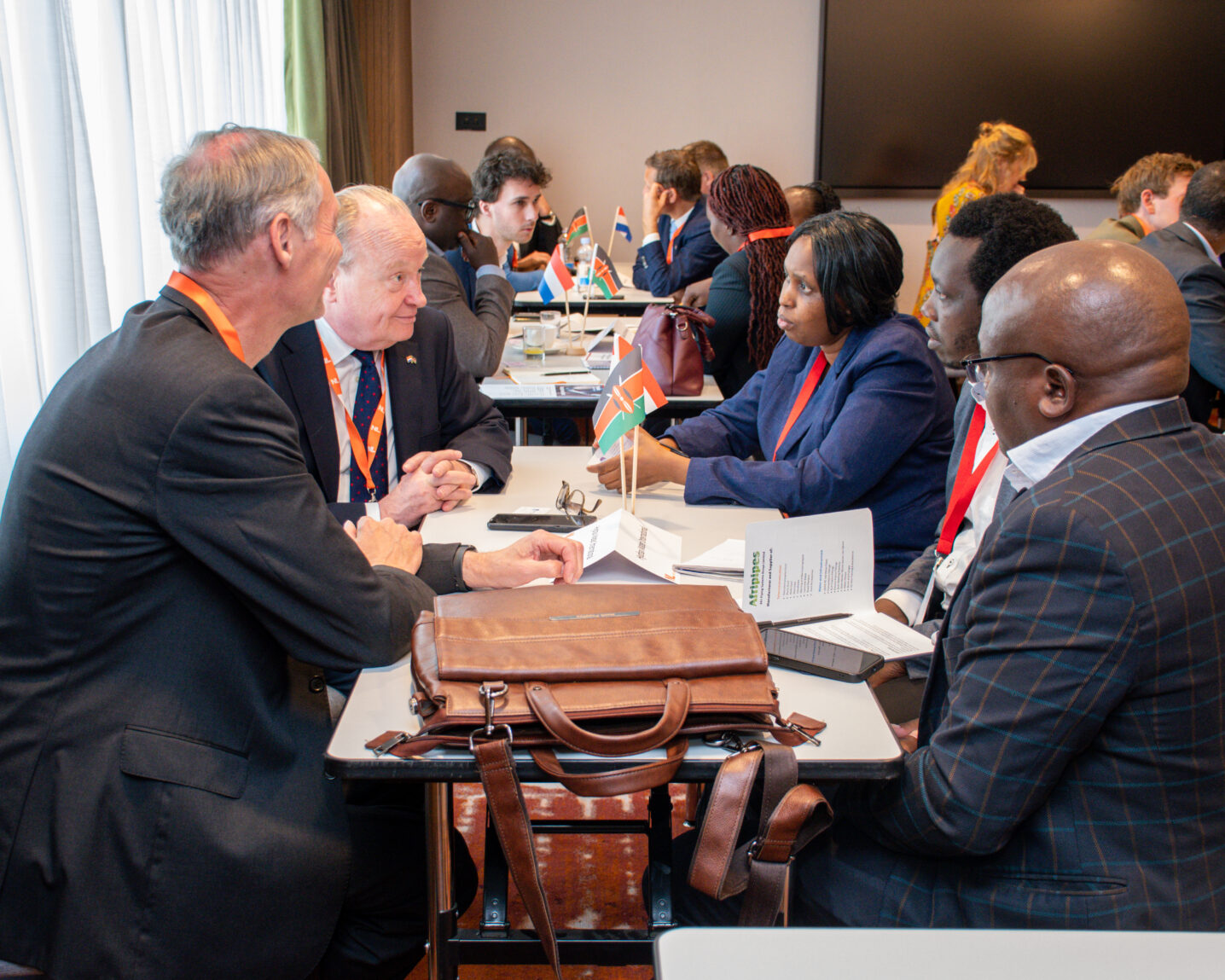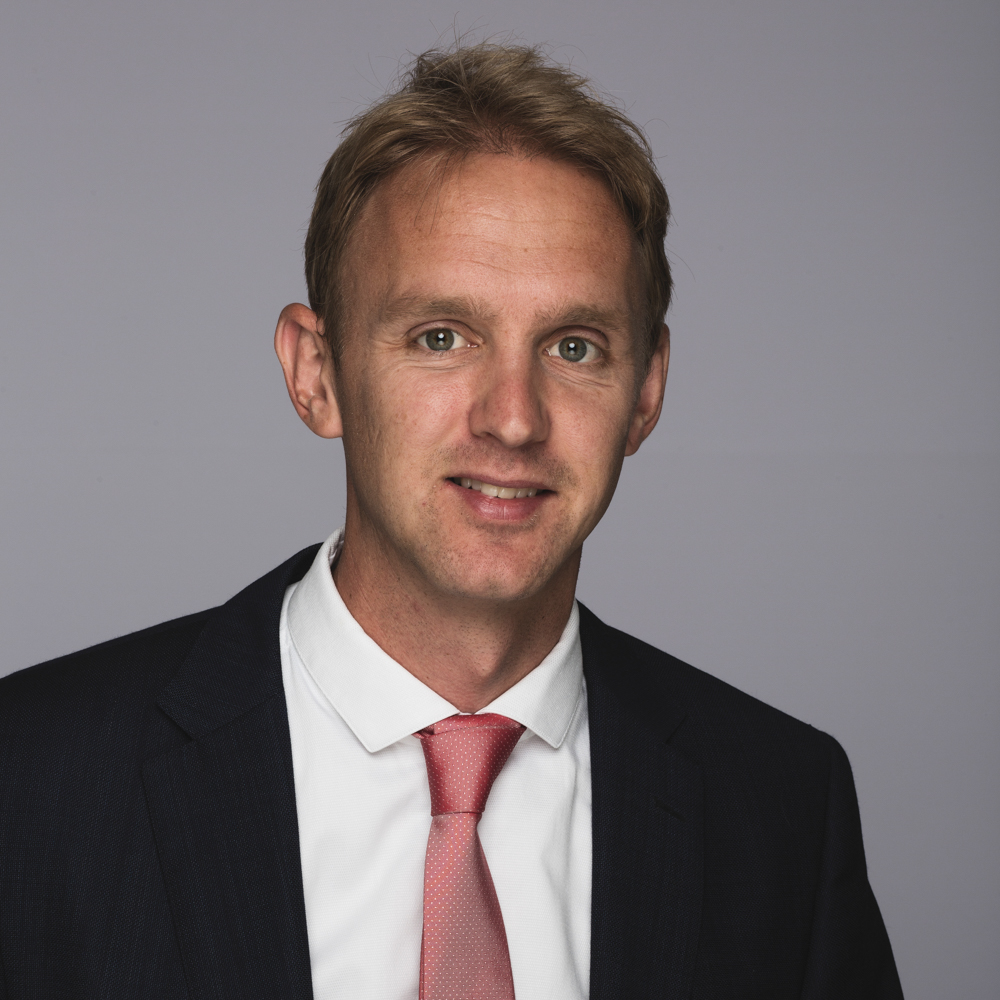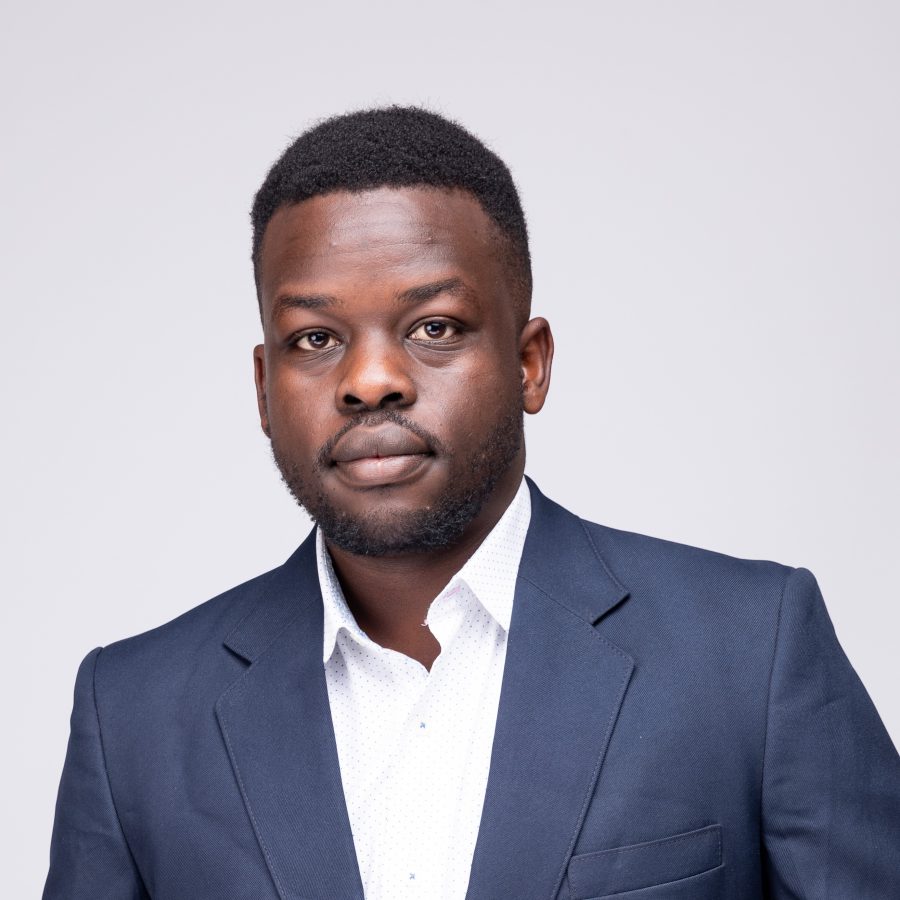Matchmaking Water Sector for Dutch Trade Mission to Kenya
The government of the Kingdom of the Netherlands organized two trade missions to Kenya, focusing on sustainable agriculture and water. Rebel was in charge of matchmaking – contact between Dutch and Kenyan organizations – that was conducted for the water track, which included, B2B matchmaking and joint networking with financial institutions.

The challenge
Kenya faces pressing water challenges, including limited access to safe drinking water (60%), poor sanitation access (under 30%), and minimal irrigation of arable land (10%). These issues threaten public health, food security, and economic stability. With shared water concerns, The Netherlands can offer expertise through its advanced water-saving technologies and inclusive approach to problem-solving. This trade mission presented an opportunity to foster collaboration aligned with SDG 6 and Kenya’s NAWASIP, leveraging Dutch innovations to enhance water accessibility, sustainability, and resilience — addressing a critical development challenge for Kenya.
The approach
To deliver targeted, impactful engagement, we implemented a structured and participant-focused matchmaking process. Each Dutch participant began with an in-depth intake assessment to explore their specific needs, goals, and expectations for the mission. Where needed, additional conversations were held to refine our understanding. This groundwork enabled the creation of customized matchmaking strategies tailored to the unique objectives of each organization. Recognizing the diversity among participants, we ensured that each received individual attention, leading to more meaningful and relevant outcomes.
A key element of our approach was the development of a comprehensive database of Kenyan organizations relevant to the water sector. These included: government and regulatory bodies, water and infrastructure stakeholders, financial institutions and investors and technology providers and service partners.
This database also highlighted potential overlaps with the Agri-track trade mission, helping to identify joint opportunities. We worked closely with the Embassy of The Kingdom of The Netherlands in Kenya (EKN) and the Agri-track matchmaker to align efforts, avoid scheduling conflicts, and foster synergy between the two tracks. Once contracts were secured, a dedicated coordination session was held to confirm joint goals and refine the matchmaking methodology.
Longlists of 6–9 suitable Kenyan organizations were prepared for each Dutch participant and reviewed for feedback. Following refinement, we reached out to Kenyan stakeholders to confirm interest and availability. A joint networking session with financial institutions and investors offered participants the chance to explore funding options, and we supported follow-up by sharing contact details, strictly adhering to our data protection policy. Company information was shared only with consent and on a need-to-know basis, ensuring confidentiality throughout.
An intake summary compiled in early February 2025 informed program development, including key sessions and site visits. Matchmaking suggestions were validated with both Dutch participants and Kenyan organizations to confirm mutual relevance. Regular progress check-ins with EKN and a joint expectations-setting session with RVO and mission participants helped maintain clarity and alignment throughout the mission.
To close the loop, participant feedback was collected to evaluate the effectiveness of the matchmaking process and inform future improvements. This holistic and collaborative approach ensured that connections were strategic, outcomes were measurable, and the mission’s impact was both immediate and sustainable.
Impact
Rebel enabled tailored, high-impact partnerships for Dutch companies through strategic matchmaking, fostering sustainable water solutions aligned with Dutch and Kenyan priorities.


